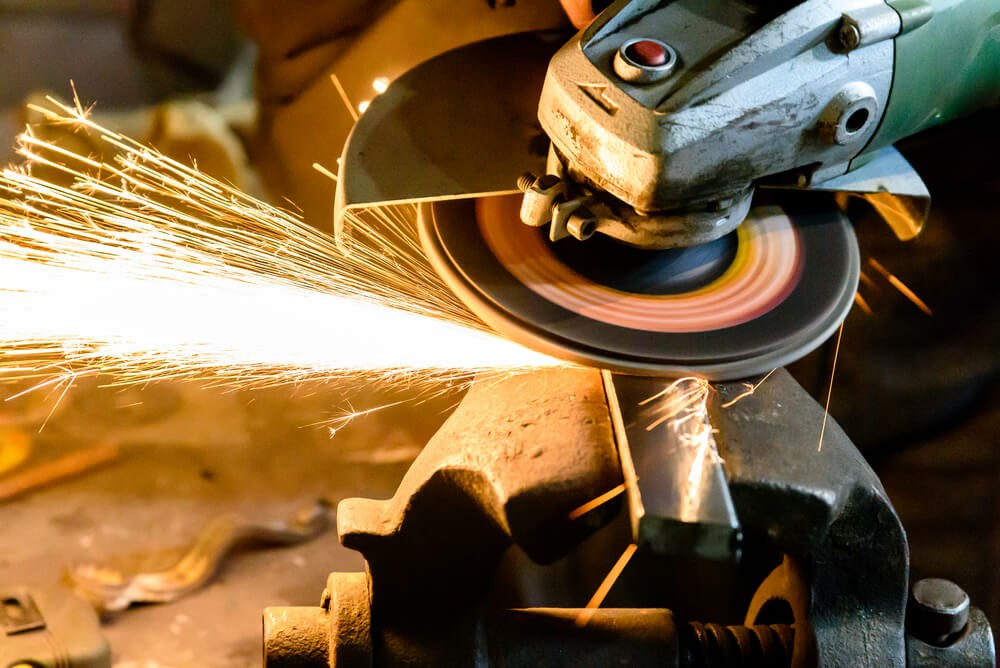


 349,500 Offered Certificates
349,500 Offered Certificates
 24/7 Online Training
24/7 Online Training
 Money Back Guarantee
Money Back Guarantee
 Fully Accredited Courses
Fully Accredited Courses

Created at: 22-02-2025 23:46
Abrasive wheels are widely used in various industries, such as construction and manufacturing, for cutting and grinding tasks. However, they pose significant risks that can result in serious injuries or accidents if not handled correctly. In this post, we’ll dive into the risks associated with abrasive wheels, including workplace hazards, common injuries, and ways to mitigate these dangers. We’ll also discuss the importance of obtaining an Abrasive Wheels Certificate to enhance workplace safety and improve your career opportunities.
Abrasive wheels can be dangerous if misused or damaged. The following are common hazards associated with their use:
Working with abrasive wheels can lead to various injuries, including:
Employers and employees must adopt practices to minimize risks associated with abrasive wheels. Here are essential strategies:
Obtaining an Abrasive Wheels Certificate is crucial for both workers and employers. Here’s why certification matters:
In cities like Dublin, Cork, Galway, Limerick, and Waterford, there are several providers offering Abrasive Wheels Training. Consider enrolling in a certified Abrasive Wheels Course to ensure you are adequately trained.
Working with abrasive wheels involves significant risks, but with the right training and adherence to safety practices, these hazards can be effectively managed. Obtaining an Abrasive Wheels Certificate not only promotes safety in the workplace but also enhances your career prospects in a variety of trades. Ensure you and your team are well-prepared by investing in certified training today.
For more information on how to obtain your Abrasive Wheels Certification, contact us at [email protected].